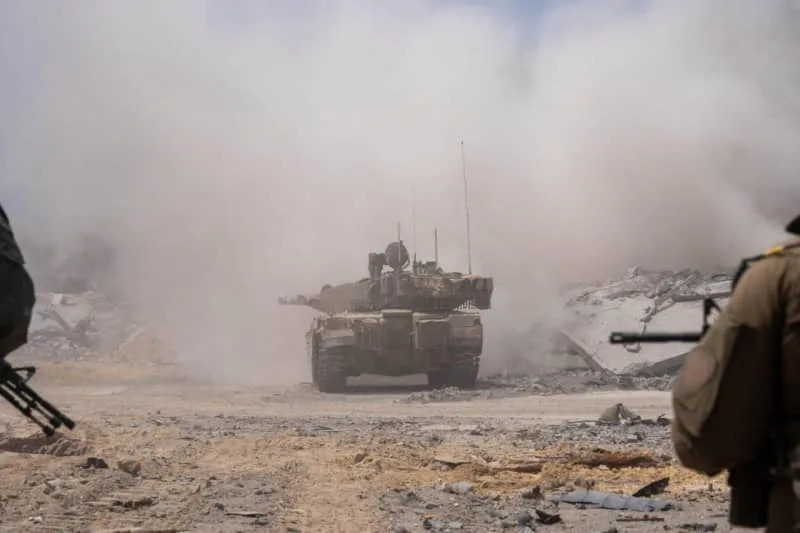Israel’s energy infrastructure faces significant risks that could leave critical sites without electricity during wartime. A recent study led by Dr. Erez Cohen from the Department of Middle Eastern Studies and Political Science at Ariel University reveals serious vulnerabilities within the nation’s energy system. The research highlights an overreliance on natural gas, inadequate storage capacity, and excessive centralization as key factors that could disrupt electricity supply in crucial moments.
The study, published in the scientific journal Energy Sources, Part B: Economics, Planning, and Policy, employs a quantitative analysis of energy production and consumption data, alongside a qualitative review of policies and regulations from 2018 to 2024. Using the recent Gaza war as a case study, Cohen’s findings indicate that Israel is ill-equipped for prolonged energy disruptions.
Key Vulnerabilities in Israel’s Energy Sector
According to the research, Israel’s energy sector grapples with four primary weaknesses:
1. **Overdependence on Natural Gas**: Approximately 70% of Israel’s electricity generation relies on offshore natural gas from the Tamar and Leviathan gas fields, which lack backup or strategic reserves. Cohen argues that this dependency makes the system particularly susceptible to missile strikes, terrorism, or cyberattacks.
2. **Supply-Demand Gap**: The State Comptroller’s 2024 report warns of a potential shortage of natural gas for the electricity sector by 2026. This shortfall could result in economic damages amounting to hundreds of millions of shekels.
3. **Lack of Storage Capacity**: While Israel has achieved around 12% of its electricity generation from renewable sources, it lacks sufficient storage systems to maintain supply continuity during crises.
4. **High Centralization**: The national grid’s highly centralized nature means that damage to a major power station or a single gas platform could cause widespread outages across the country. Cohen describes a disturbing scenario in which power, water, and hospital facilities could be left without energy during emergencies.
Cohen warns, “In the Gaza war, we saw how our dependence on natural gas made us vulnerable. Any malfunction or hit on a central facility could paralyze the entire economy at a critical moment.”
Recommendations for a Resilient Energy Future
Cohen emphasizes that while solutions exist, they require decisive government action. He advocates for a move away from a centralized system reliant on a few offshore gas platforms towards a more decentralized and flexible energy model. “We need local microgrids that will allow critical areas, such as hospitals, water facilities, and remote communities, to keep operating even if the national grid collapses,” he stated.
Investment in energy storage is critical, according to Cohen. “This isn’t an environmental luxury; it’s a national safety net. Without storage capacity, even renewable energy won’t save us in a moment of crisis.” He insists that Israel must also develop a comprehensive digital and security defense network. Establishing a joint emergency coordination unit, which would involve the defense establishment, the Energy Ministry, and the Cyber Authority, is vital to manage the electricity sector in real time during crises.
Cohen concludes, “We tend to think of electricity as a consumer product, but in reality, it’s a strategic weapon. If we don’t ensure backup, storage, and decentralization, we may find ourselves in the dark, precisely when we need the light the most.”
As Israel navigates the complexities of its energy sector, the recommendations from this study could play a crucial role in safeguarding the country’s electrical infrastructure against future threats.






































































